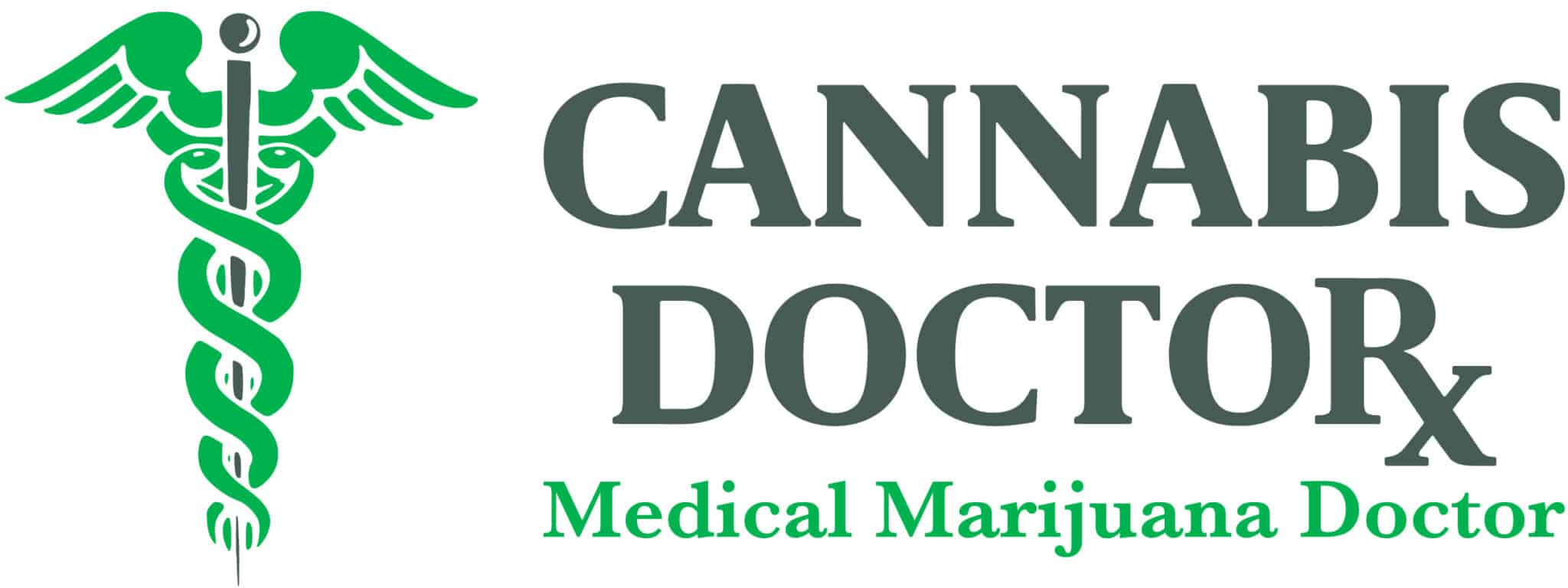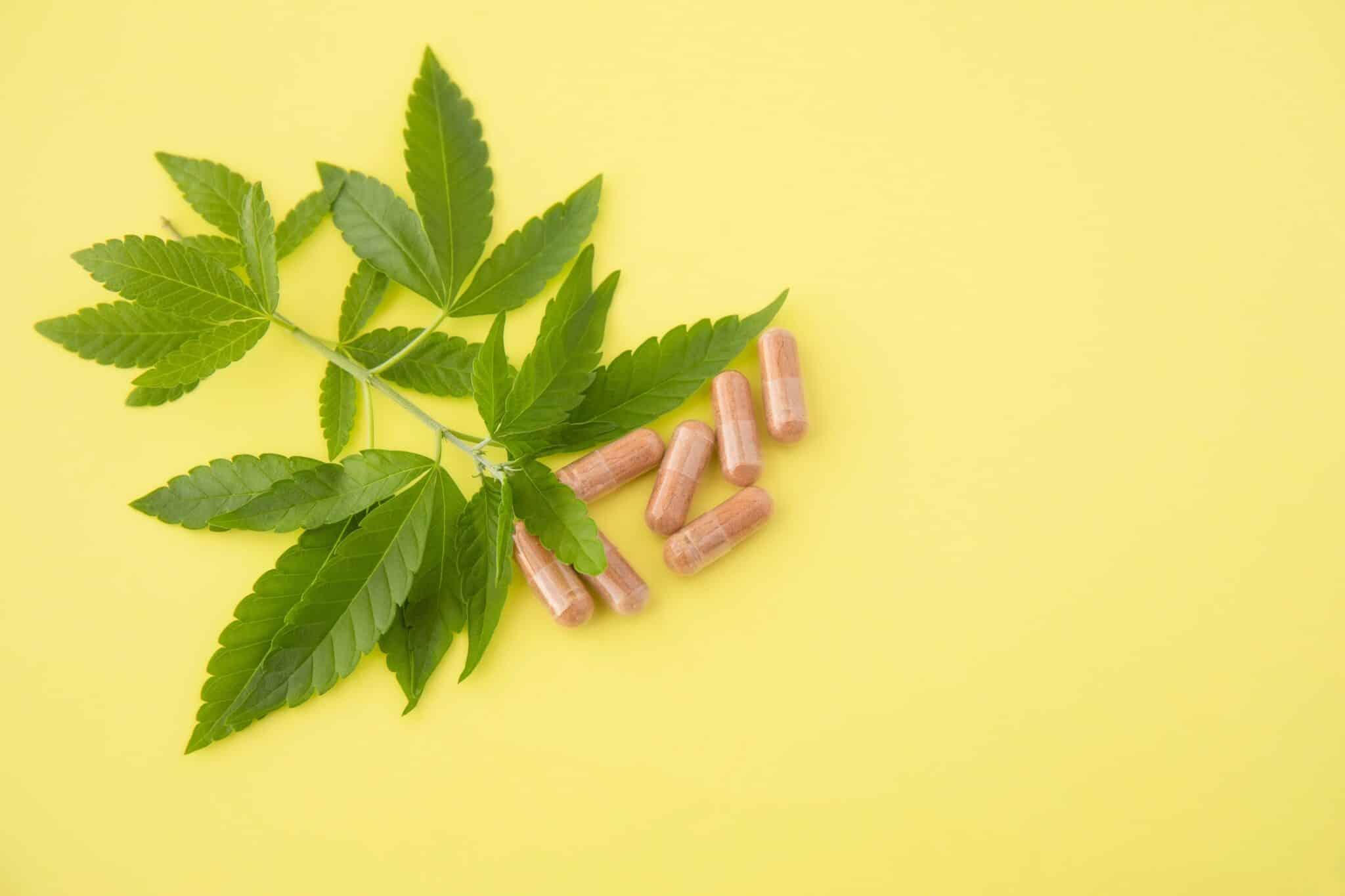As recreational and medical marijuana gains in popularity due to the benefits of cannabis, we are finding that patients have more questions regarding the safety of consuming or smoking marijuana products while taking medications. For example, weed and antibiotics are a pretty common discussions in the industry.
Similar to several other aspects of marijuana use, there are insufficient studies surrounding topics like marijuana and antibiotics. However, some studies have been conducted – which we will discuss. It is important to note; while you can choose for yourself whether you are going to use cannabis while taking antibiotics, we ALWAYS recommend first consulting your doctor in every circumstance.
The Use of THC and Antibiotics
Cannabis is recognized for its diverse effects, with many individuals using medical cannabis to alleviate symptoms such as digestive problems, anxiety, and chronic pain. Nevertheless, the impact of cannabis on certain health conditions remains largely undiscovered, primarily due to its recent legalization in the United States.
Limited evidence suggests that combining THC and antibiotics might be generally safe. However, it’s essential to note that the available research is scarce, and the findings have been inconsistent. Some studies propose that specific strains of cannabis possess antibacterial properties and could potentially complement antibiotics when tackling a severe infection. Conversely, other sources suggest that cannabis could hinder the body’s ability to process antibiotics, making it more difficult for them to be effective and extending the duration of the infection.
Additionally, there is a possibility that combining cannabis and antibiotics could heighten the risk of experiencing side effects from both substances. Lastly, it’s feasible that mixing THC and antibiotics might not significantly impact either substance. Exercising caution when using THC and antibiotics concurrently is recommended.
Antibiotics and Their Effects on the Body
Before delving into the intricacies of antibiotics, it is crucial to grasp the fundamentals. Antibiotics are designed to eliminate bacteria or inhibit their growth. They can be taken orally, applied topically, or administered via injection. Bacteria are often the culprit of various infections, including those in the throat, sinuses, ears, urinary tract, and skin.
Unlike viruses, which are abiotic organisms and can usually be combated by the human body, bacterial infections may persist without proper treatment or medical care.
While antibiotics are life-saving drugs, they can also cause severe adverse side effects. Common digestive issues associated with antibiotic use include nausea, vomiting, and diarrhea. In extreme cases of persistent vomiting or diarrhea, hospitalization is possible. Antibiotics can also eradicate beneficial bacteria in the gut or trigger abnormal growth of bacteria in the small intestine, leading to cramping and bloating that continues even after the medication has been discontinued.
Cannabis and Its Potential To Fight Infection
Numerous cannabinoids are beginning to be investigated for their potential antibiotic properties. A major cannabinoid, CBG, has displayed some of the strongest antibacterial properties, potentially aiding in the elimination of infections from MRSA. Other than CBG, a few more major cannabinoids have also been shown to combat MRSA infections by targeting MRSA cells. For instance, CBCA demonstrated a similar and potentially stronger antibacterial effect against MRSA than vancomycin, a prescribed antibiotic.
Anandamide, an endocannabinoid, has also been found to combat MRSA infections, offering further insight into the inner workings of cannabinoids’ antimicrobial properties. In 2020, a study from Israel revealed that anandamide combined with ampicillin demonstrated effectiveness against MRSA infections. Besides cannabinoids, terpenes such as myrcene, beta-caryophyllene, limonene, myrcene, and pinene have also exhibited antibacterial properties against staph infections, E. coli, and more.
However, research on cannabinoids and their ability to fight bacterial infection has primarily been restricted to in vivo studies (conducted on human cell lines infected with pathogens like E. coli or MRSA). Unfortunately, there are limited trials involving humans and cannabinoid-related antibiotic effects.
How Does Weed React With Antibiotics?
While some worry about cannabis reducing antibiotic effectiveness, a study has shown synergistic results when combining sativa leaf extract with prescription antibiotics. According to researchers, this could potentially serve as an effective remedy against human pathogens and contribute to successful drug development in the future.
Is it Safe to Use Cannabis While Taking Antibiotics?
While generally deemed safe, extra caution should be taken when using cannabis alongside “macrolide antibiotics” such as azithromycin, erythromycin, clarithromycin, fidaxomicin, or telithromycin. This specific class of antibiotics, commonly used to treat infections, carries a higher risk of unwanted side effects and adverse reactions. Additionally, if suffering from an infection in the chest or lungs, it is advised to not smoke or vape.
What Risks Are Associated With Using Cannabis and Antibiotics?
At this point, no serious reactions or events have been reported concerning the combined use of cannabis and antibiotics. Nonetheless, for safety reasons, it is advisable to consult a physician before mixing any herbal supplements or medications to avoid potential interactions. Be mindful of your body and any side effects that may emerge.
Potential Side Effects of Combining Weed and Antibiotics
Combining any medication poses risks of interaction. Thus, as mentioned, we recommend you take all of the necessary precautions – including reaching out to your physician. While there is a risk of adverse reactions when mixing weed and antibiotics, side effects of antibiotics alone are somewhat common.
One in ten people may experience side effects such as vomiting, bloating, nausea, loss of appetite, diarrhea, or abdominal pain after taking antibiotics.
CBD and Antibiotics
While CBD is often perceived as a gentler alternative to THC, it may pose a greater risk of side effects when combined with antibiotics.
Cannabidiol (CBD) has the potential to interfere with your body’s metabolism of antibiotics. It affects the production of certain enzymes in the liver, which can slow down the rate at which your body processes an antibiotic.
Consequently, you may end up with higher levels of the antibiotic in your bloodstream than the recommended dosage, increasing the likelihood of side effects, including severe ones.
Nonetheless, this area remains largely under-researched. Further studies are needed to determine the severity of this effect and the amount of CBD required to trigger it. Additionally, research should investigate whether the specific antibiotic being taken plays a role in the interaction.
Final Thoughts on Weed and Antibiotics
When it comes to combining prescription medications, it is necessary to consult your medical doctor. While there is not sufficient research on the combination of marijuana and prescription medication, you are always free to reach out to us with any questions. Overall, your health and safety are of the utmost importance to us at Cannabis Doctor X – Medical Marijuana Doctor so we look forward to answering any questions you may have.



